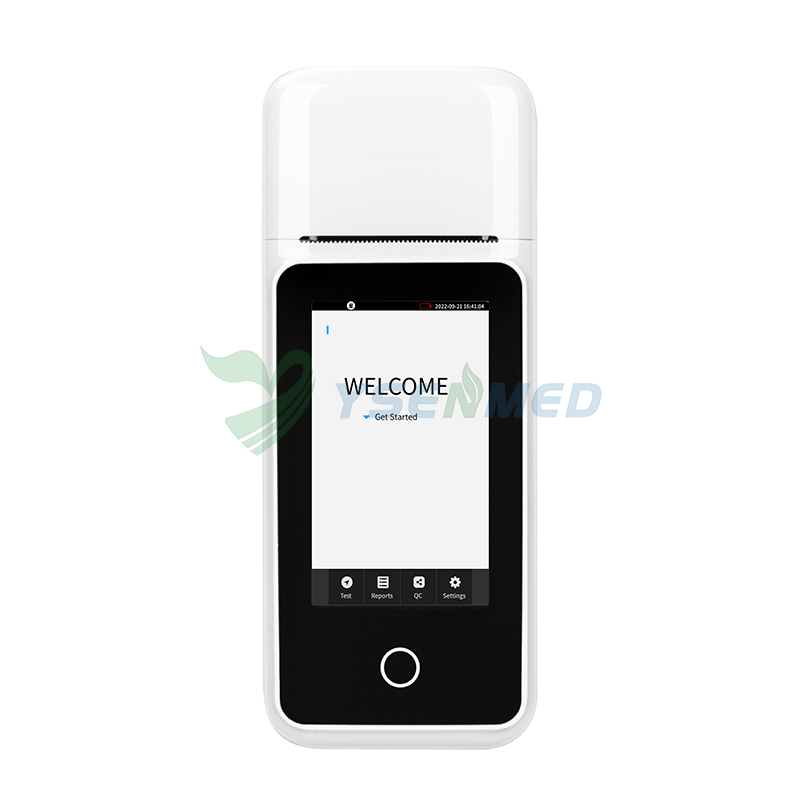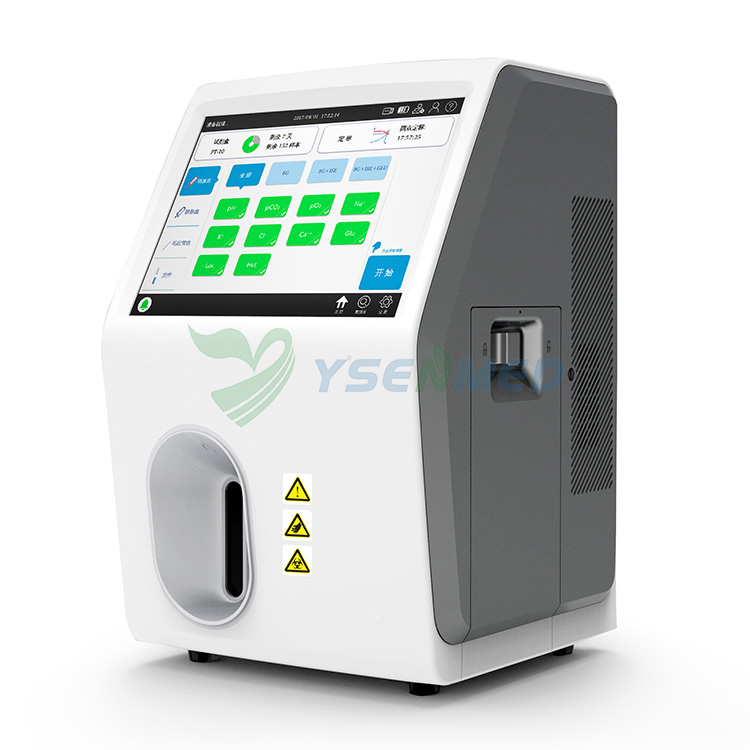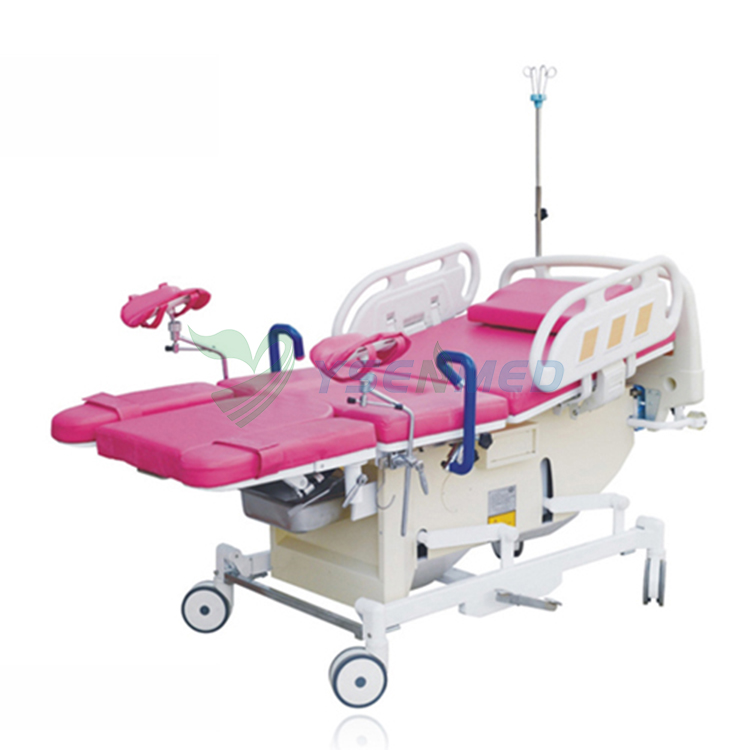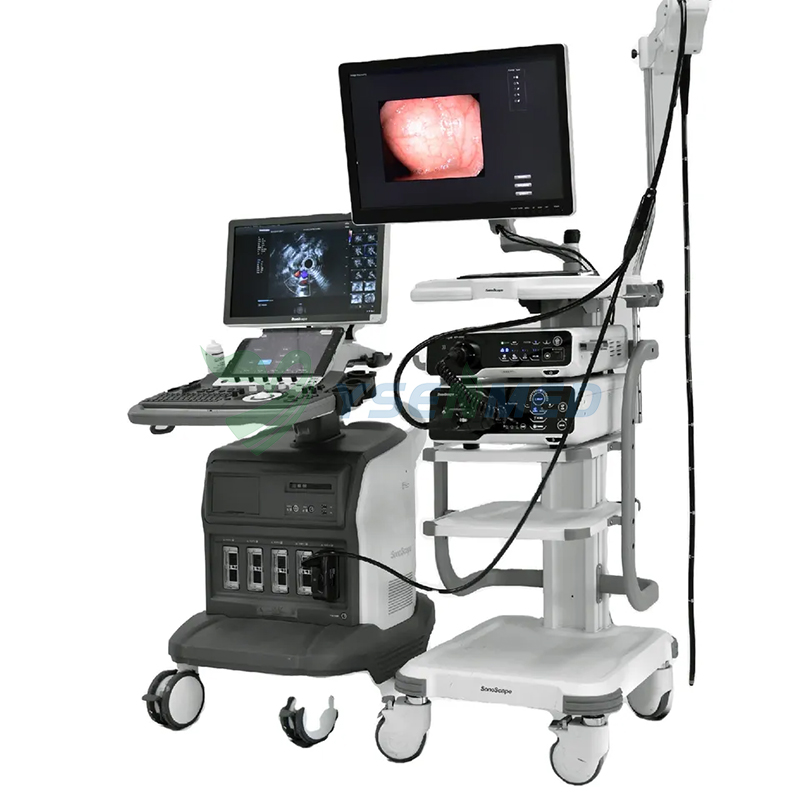Title: Unveiling the Convenience of ECG Portable EKG 3 Channel Machines
Introduction:
In the fast-paced world of modern healthcare, convenience and efficiency are paramount, especially when it comes to diagnostic procedures such as electrocardiography (ECG). Portable
EKG 3 channel machines have emerged as invaluable tools, offering healthcare providers the flexibility to perform high-quality ECGs anytime, anywhere. This comprehensive article explores the convenience, functionalities, applications, and benefits of portable EKG 3 channel machines, shedding light on their role in enhancing patient care and diagnostic accuracy.
Understanding Portable EKG 3 Channel Machines:
Portable EKG 3 channel machines are compact, lightweight devices designed to capture and record electrocardiographic signals from multiple leads simultaneously. Unlike traditional ECG machines, which are typically stationary and require dedicated space in clinical settings, portable EKG 3 channel machines offer mobility and flexibility, allowing healthcare providers to perform ECGs at the point of care, in outpatient settings, or even in remote or resource-limited environments.
Functionalities and Components:
Three-Channel Recording: Portable EKG 3 channel machines are capable of recording ECG signals from three distinct leads simultaneously, providing a comprehensive view of cardiac electrical activity and facilitating the detection of abnormalities such as arrhythmias, ischemia, and conduction disorders.
Compact Design: These devices feature a compact and portable design, making them easy to transport between different clinical settings or patient locations. Their lightweight construction and ergonomic form factor enhance user comfort and convenience during ECG acquisition procedures.
Digital Signal Processing: Portable EKG 3 channel machines employ advanced digital signal processing algorithms to enhance signal quality, filter out noise, and improve the accuracy and reliability of ECG interpretations. This ensures high-fidelity ECG recordings even in noisy or challenging environments.
Touchscreen Interface: Many portable EKG 3 channel machines feature intuitive touchscreen interfaces with user-friendly menus and navigation controls, allowing for seamless operation and quick access to ECG recording settings, patient demographics, and interpretation tools.
Wireless Connectivity: Some portable EKG 3 channel machines offer wireless connectivity options such as Bluetooth or Wi-Fi, enabling real-time transmission of ECG data to electronic health record (EHR) systems, cloud-based storage platforms, or remote monitoring applications for further analysis or consultation.
Applications Across Healthcare Settings:
Ambulatory Care Clinics: Portable EKG 3 channel machines are well-suited for use in ambulatory care clinics, where they enable healthcare providers to perform ECG screenings, diagnostic assessments, and monitoring of patients with cardiovascular symptoms or risk factors in a timely and convenient manner.
Emergency Medical Services (EMS): In emergency medical services settings, portable EKG 3 channel machines play a critical role in the rapid assessment and triage of patients presenting with chest pain, dyspnea, or other symptoms suggestive of acute cardiac events. These devices facilitate early identification of ST-segment elevation myocardial infarction (STEMI) and prompt initiation of appropriate interventions, such as reperfusion therapy.
Primary Care Practices: Primary care providers often use portable EKG 3 channel machines to screen for cardiovascular conditions, monitor patients with chronic heart disease or risk factors, and assess the cardiac effects of medications or comorbidities. These devices enable convenient ECG acquisition during routine office visits, promoting early detection and management of cardiac abnormalities.
Home Healthcare Settings: Portable EKG 3 channel machines are increasingly utilized in home healthcare settings to monitor patients with known or suspected cardiac conditions, such as atrial fibrillation, heart failure, or pacemaker implantation. Remote monitoring capabilities allow for regular ECG surveillance and timely intervention in response to changes in cardiac rhythm or symptoms.
Sports Medicine and Exercise Physiology: Sports medicine professionals and exercise physiologists utilize portable EKG 3 channel machines to assess cardiac function and monitor electrocardiographic changes during exercise stress testing, athletic performance evaluations, and rehabilitation programs. These devices aid in the detection of exercise-induced arrhythmias, ischemic changes, and myocardial adaptations to physical activity.
Benefits and Advantages:
Enhanced Accessibility: Portable EKG 3 channel machines improve access to cardiac diagnostic services by bringing ECG capabilities directly to the patient's bedside, clinic, or community setting, eliminating the need for referral to specialized facilities or lengthy wait times for testing.
Timely Diagnosis and Intervention: The portability and convenience of portable EKG 3 channel machines facilitate timely diagnosis and intervention in patients with acute or chronic cardiac conditions, enabling prompt initiation of appropriate treatment strategies and improving clinical outcomes.
Improved Patient Experience: Performing ECGs with portable devices enhances the patient experience by minimizing travel, waiting, and inconvenience associated with traditional ECG testing in hospital or clinic settings. Patients appreciate the convenience of receiving cardiac evaluations in familiar environments, reducing anxiety and enhancing compliance with follow-up care.
Cost-Effective Screening: Portable EKG 3 channel machines offer a cost-effective solution for cardiac screening and monitoring in diverse healthcare settings, allowing for efficient allocation of resources and targeted interventions based on individual risk profiles and clinical indications.
Remote Monitoring Capabilities: Wireless connectivity features enable remote transmission of ECG data for interpretation by cardiologists or remote monitoring services, facilitating timely review and feedback on ECG findings and enhancing continuity of care for patients with complex cardiac conditions.
Advancements and Innovations:
Smartphone Integration: Some portable EKG 3 channel machines can be integrated with smartphone or tablet applications, allowing for ECG acquisition, analysis, and transmission using mobile devices, expanding access to cardiac diagnostic services in remote or underserved areas.
Artificial Intelligence (AI) Algorithms: Advanced AI algorithms are being incorporated into portable EKG 3 channel machines to enhance ECG interpretation accuracy, automate arrhythmia detection, and assist healthcare providers in making clinical decisions based on objective data and evidence-based guidelines.
Wearable ECG Monitors: Wearable ECG monitors with three-channel recording capabilities offer continuous cardiac monitoring and remote surveillance for patients with chronic heart conditions or those at risk of cardiac events, enabling early detection of arrhythmias, ischemic changes, and other abnormalities.
Cloud-Based ECG Analysis: Cloud-based platforms allow for secure storage, sharing, and analysis of ECG
data, enabling seamless collaboration among healthcare providers, remote consultation with specialists, and longitudinal tracking of patients' cardiac health over time. These platforms offer advanced features such as automated ECG interpretation, trend analysis, and personalized risk stratification tools, empowering clinicians to deliver tailored interventions and preventive strategies based on individual patient profiles.
Interoperability with Health Information Systems: Portable EKG 3 channel machines are increasingly designed to integrate with electronic health record (EHR) systems, health information exchanges (HIEs), and telemedicine platforms, facilitating seamless data sharing, interoperability, and care coordination across different healthcare settings and providers. This interoperability enhances continuity of care, reduces documentation burden, and promotes data-driven decision-making in cardiac diagnostics and management.
Conclusion:
Portable EKG 3 channel machines represent a paradigm shift in cardiac diagnostics, offering healthcare providers unprecedented flexibility, convenience, and efficiency in performing electrocardiography at the point of care. With their compact design, advanced functionalities, and wireless connectivity features, these devices empower clinicians to conduct high-quality ECG assessments anytime, anywhere, facilitating timely diagnosis, treatment, and monitoring of patients with cardiac conditions. As technology continues to evolve and innovate, portable
EKG 3 channel machines will remain essential tools in the arsenal of modern healthcare, driving improvements in patient outcomes, healthcare delivery, and diagnostic accuracy in the field of cardiology.




